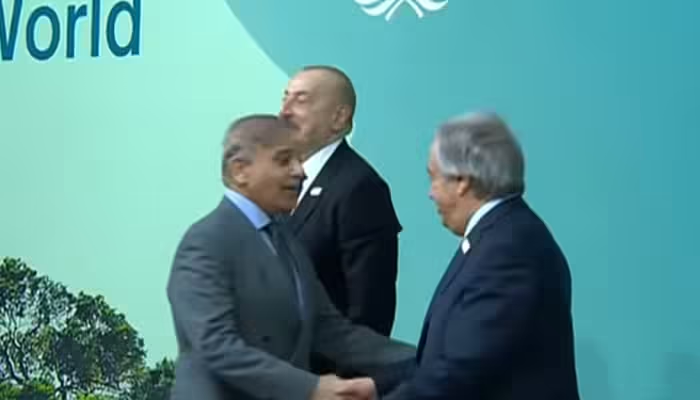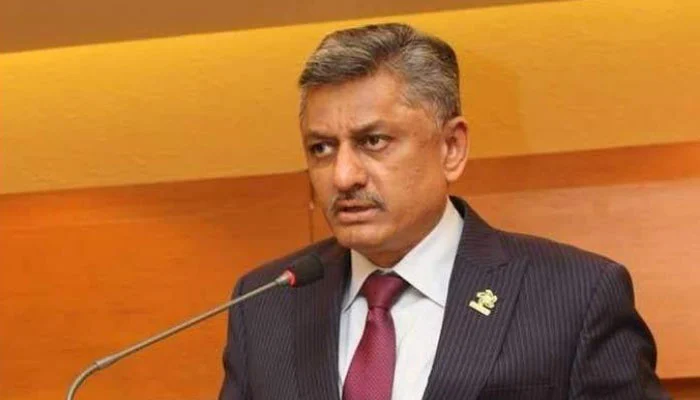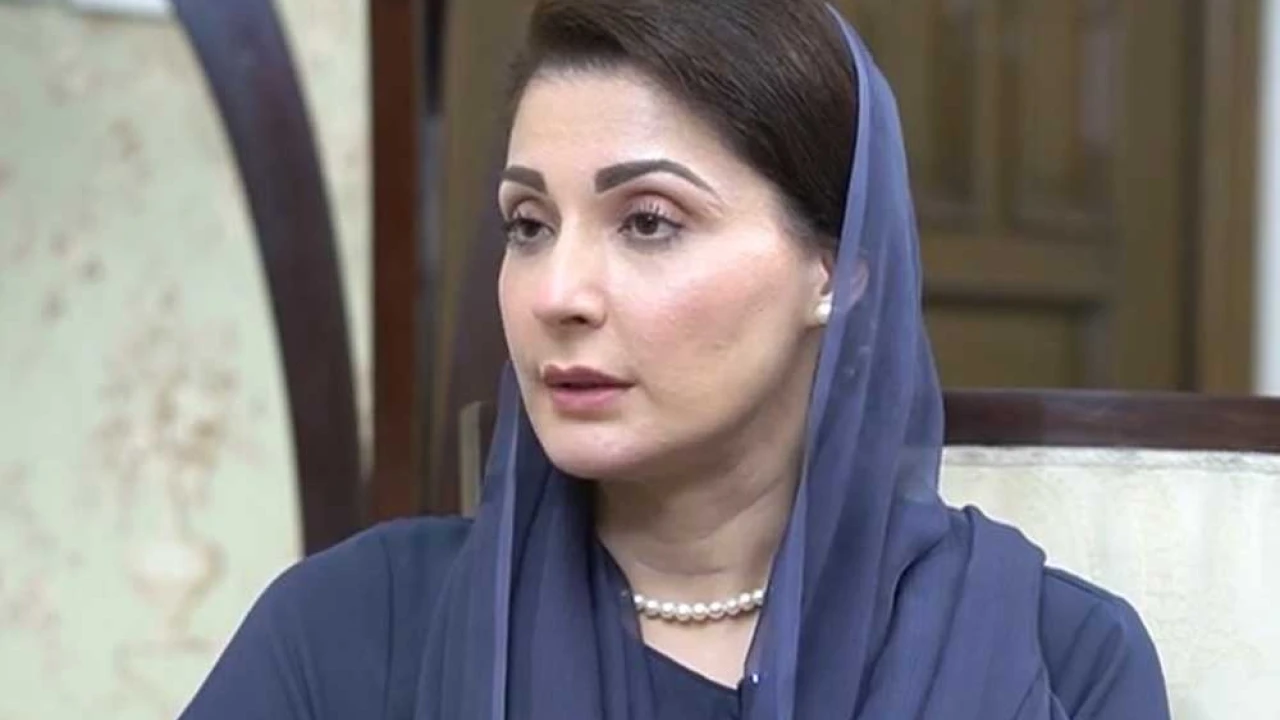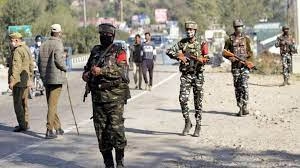Prime Minister Shahbaz Sharif has joined global leaders in Baku, Azerbaijan, for the 29th Conference of the Parties (COP 29), a critical international summit on climate change. This year’s COP session focuses on strengthening commitments to reduce carbon emissions, enhancing climate resilience, and mobilizing funds to support climate action in vulnerable countries. As countries across the globe witness the intensifying impacts of climate change, COP 29 is expected to bring forth collaborative strategies to mitigate the crisis and protect the planet.
The inaugural session of COP 29 has already set a proactive tone, with leaders, environmental advocates, and representatives from various nations emphasizing the urgent need to transition to cleaner energy sources, secure financing for climate adaptation, and fulfill climate targets.
Prime Minister Shahbaz Sharif’s Address
Prime Minister Shahbaz Sharif highlighted Pakistan’s efforts and challenges in addressing climate change, emphasizing the urgent need for global cooperation and support. Pakistan, a country that faces significant risks from extreme weather events, has been actively working on climate resilience measures, despite limited resources. In his address, Prime Minister Sharif called on developed countries to honor their pledges to help developing nations manage the adverse effects of climate change.
Pakistan’s commitment to sustainable practices was clear in the Prime Minister’s message. By participating in COP 29, Pakistan aims to collaborate with other nations on sustainable development projects and build climate resilience for vulnerable communities. The Prime Minister emphasized that while countries like Pakistan are often at the receiving end of climate change impacts, they can contribute significantly to the global response with adequate support.
The U.S. Commitment Amid Political Shifts
The U.S. special envoy on climate, attending the conference, affirmed that the U.S. will continue its efforts to combat climate change regardless of political changes at home. While former President Donald Trump is known for his stance against climate agreements, the envoy reassured attendees that U.S. initiatives in clean energy and emissions reduction would not be derailed. The envoy stressed that while Trump’s influence could slow the country’s shift from fossil fuels, it could not halt the momentum towards sustainable energy solutions.
The commitment from the United States was a critical statement for the global community, especially as the country plays a significant role in climate funding, emissions reduction, and technological innovation. This reassures other nations that U.S. engagement in climate action will persist, underscoring the global need for stability and continued progress.
Indonesia’s Ambitious Renewable Energy Goals
Indonesia, one of the world’s largest coal producers, made a remarkable pledge to expand its renewable energy capacity at COP 29. An Indonesian delegate announced that the country aims to generate 75 gigawatts (GW) of renewable energy within the next 15 years. This ambitious goal represents a substantial shift for a nation with a long history of fossil fuel dependency. By investing in renewables, Indonesia hopes to transition to a cleaner energy economy and reduce its greenhouse gas emissions significantly.
The Indonesian commitment showcases how developing nations are stepping up with bold climate targets, paving the way for cleaner energy development that aligns with global climate goals.
UN Climate Chief’s Call for Climate Financing
At the opening session, the UN climate chief emphasized the importance of financing in tackling climate change. He argued that climate funding should not be viewed as merely an act of charity, but as an essential investment in the future. The UN official called on developed nations to meet their climate finance commitments, as these funds play a crucial role in helping vulnerable nations adapt to the worsening impacts of climate change.
He highlighted the importance of collaboration, stating that every nation has an interest in reducing climate risks and securing a sustainable future. His remarks were a call to action for countries to contribute to climate finance initiatives that will support adaptation, resilience-building, and sustainable development in nations most affected by climate change.
Azerbaijan’s Climate Finance Action Fund Proposal
As the host of COP 29, Azerbaijan put forward an innovative proposal to establish a Climate Finance Action Fund. The fund, as proposed, would seek voluntary contributions from ten countries to raise $1 billion dedicated to climate resilience projects and green technology initiatives. Azerbaijan’s proposal aims to foster international cooperation and bring forward a structured approach to climate financing. This fund could be instrumental in providing resources to countries needing immediate climate adaptation support.
The Climate Finance Action Fund proposal has garnered positive responses from several attending countries, with many leaders recognizing the need for a collective financial mechanism that addresses the specific needs of climate-vulnerable regions.
Afghan Representation at COP 29
COP 29 also saw an invitation extended to Afghan representatives, including officials from the Afghan Meteorological Agency. Although Afghanistan has experienced political instability, the invitation reflects a shared understanding that climate change is a global issue transcending political boundaries. Afghanistan’s participation is expected to highlight the unique challenges faced by countries affected by both climate risks and socio-political instability.
Global Unity in the Face of Climate Challenges
COP 29 has underscored the necessity of global unity in the fight against climate change. Countries large and small, developed and developing, are stepping forward with commitments and strategies to tackle the climate crisis. By exchanging knowledge, technology, and financial support, nations at COP 29 hope to build a collaborative framework that will enable them to meet ambitious climate goals.
The presence of representatives from diverse regions, from the United States to Indonesia, Pakistan, and Afghanistan, signifies a collective realization that the climate crisis requires immediate, unified action. From financial pledges to renewable energy goals, the commitments made at COP 29 will shape the global response to climate change in the coming years.
The Road Ahead After COP 29
As COP 29 progresses, the world watches with anticipation to see if these promises will translate into action. The commitments made by world leaders at the summit reflect an urgency that is becoming increasingly hard to ignore. Moving forward, the challenge for global leaders will be to implement these ambitious plans and ensure that each nation, regardless of its resources, is equipped to adapt to and combat climate change.
In Baku, the seeds of future climate solutions are being sown, with COP 29 poised to become a milestone in the journey towards a sustainable, climate-resilient world.



